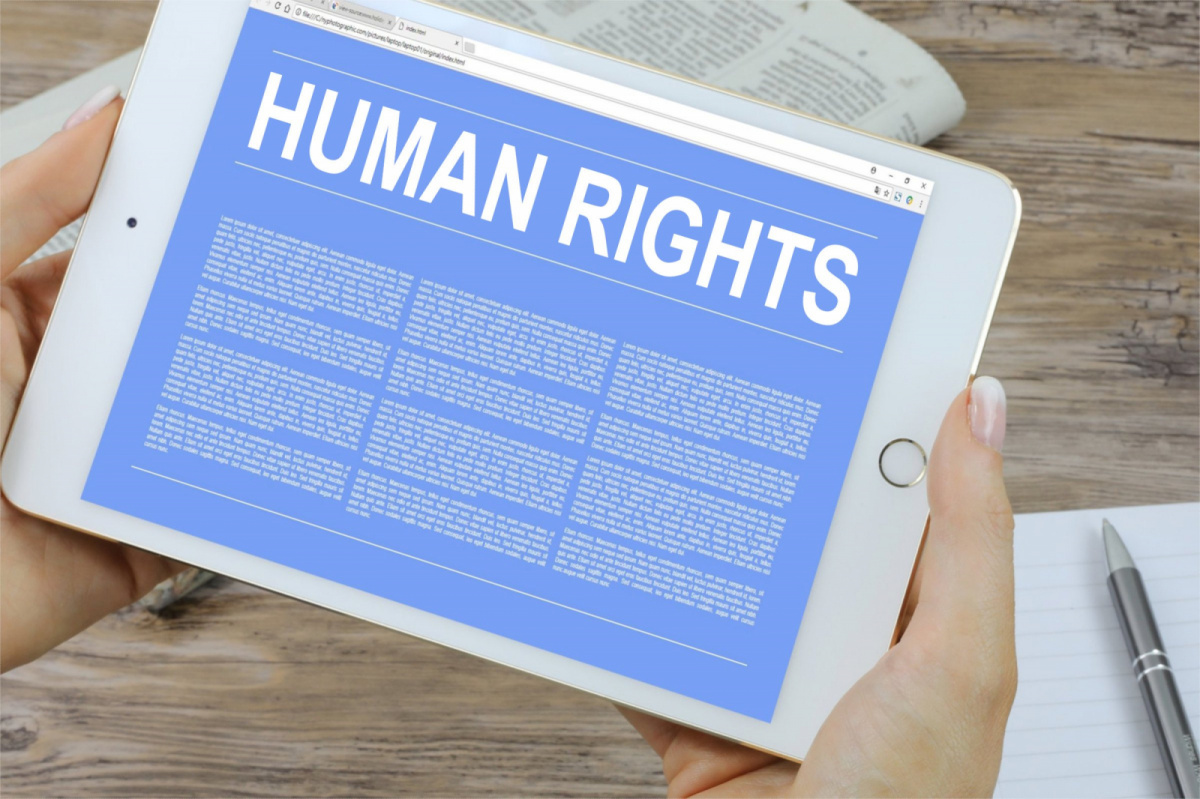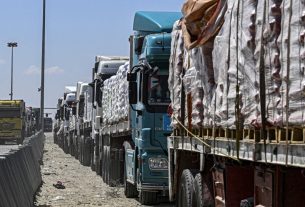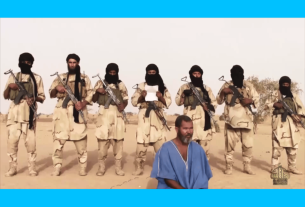May 16, 2025 — As the 30th anniversary of the disappearance of the 11th Panchen Lama approaches this Saturday, Human Rights Watch (HRW) has renewed calls for China to release Gendun Choekyi Nyima and his parents, who have been missing since 1995, shortly after the Dalai Lama recognized the then six-year-old boy as the reincarnation of the Panchen Lama.
In a statement issued Thursday, HRW called on the Chinese government to end decades of secrecy and allow international verification of the Panchen Lama’s fate. The organization also urged “concerned parties,” particularly countries with significant Buddhist populations such as India, Mongolia, South Korea, and Taiwan, to speak out in defense of Tibetan religious freedom and intensify diplomatic pressure on Beijing.
“There is still some doubt over whether Nyima, who disappeared at the age of six, is alive—despite an unsubstantiated claim in 2015 from Chinese authorities that ‘this so-called ‘soul boy’ designated by the Dalai Lama is receiving education, living normally and growing healthily. He does not want to be disturbed by anyone.’”
— Excerpts from JURIST reporting by Sarisha Harikrishna, Queen’s University Belfast School of Law
Religious Suppression and Political Control
The Panchen Lama holds second-highest spiritual authority in Tibetan Buddhism after the Dalai Lama. After the 1995 disappearance, Chinese authorities rejected the Dalai Lama’s recognition and installed Gyaltsen Norbu as the Panchen Lama—an appointment widely viewed as politically motivated. Norbu, the son of Chinese Communist Party members, is largely rejected by Tibetan Buddhists, who regard the move as a violation of religious freedom and an instrument of state control over spiritual succession.
“The Chinese government’s intervention in religious circles in Tibet has been alleged to be a part of a broader wave of Sinicization—i.e., an effort to completely subordinate groups to the CCP’s political agenda and Marxist vision for religion.”
Human Rights Watch and other rights groups allege a broad crackdown on Tibetan Buddhism over the past several decades. These abuses include:
- Forced political reeducation of monks
- Destruction or alteration of religious texts, images, and statues
- Prohibition of Tibetan language classes in monasteries
- Forced assimilation of Tibetan children into Han Chinese culture, in methods reminiscent of the residential school systems once imposed on Indigenous populations in Canada
“Tibetan children have also allegedly been prohibited from attending Tibetan language classes in local monasteries, with the Chinese government describing the classes as ‘ideological infiltration among the young.’”
Concerns Over Dalai Lama’s Successor
With the Dalai Lama set to turn 90 in July, there are growing concerns that the Chinese government will intervene in the process of selecting his successor, just as it did with the Panchen Lama. Beijing has asserted authority over the reincarnation process—a move rejected by the Tibetan community and international observers.
The Dalai Lama has lived in exile in India since 1959, following a failed uprising against Chinese rule in Tibet.
International Response
Human Rights Watch’s latest call urges Buddhist-majority nations to increase public and diplomatic advocacy for Tibet’s religious rights.
“The alleged persecution of Tibetan Buddhists is believed to stem from China’s aim to promote national unity by destroying the very foundations of the religion from the top down.”
The fate of Gendun Choekyi Nyima, who would now be 35 years old, remains one of the most enduring symbols of China’s human rights record in Tibet.
Human-rights-by-Nick-Youngson-CC-BY-SA-3.0-Pix4free



